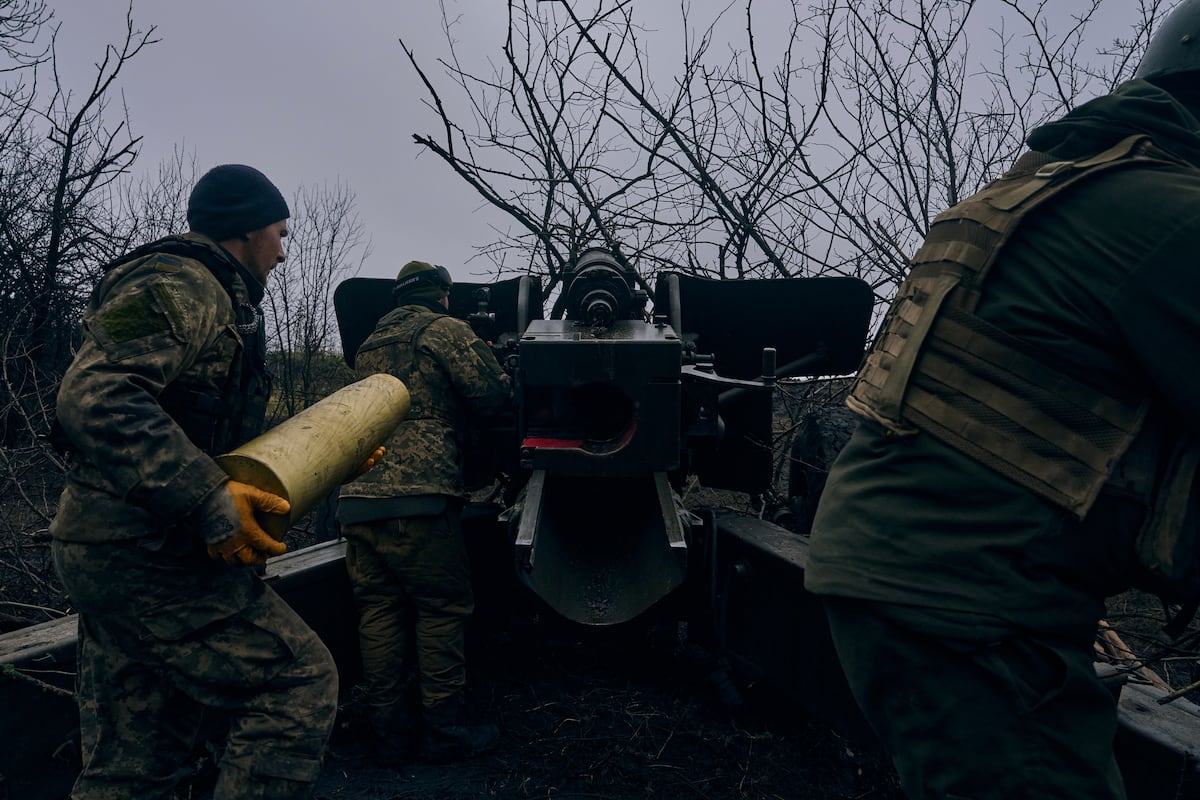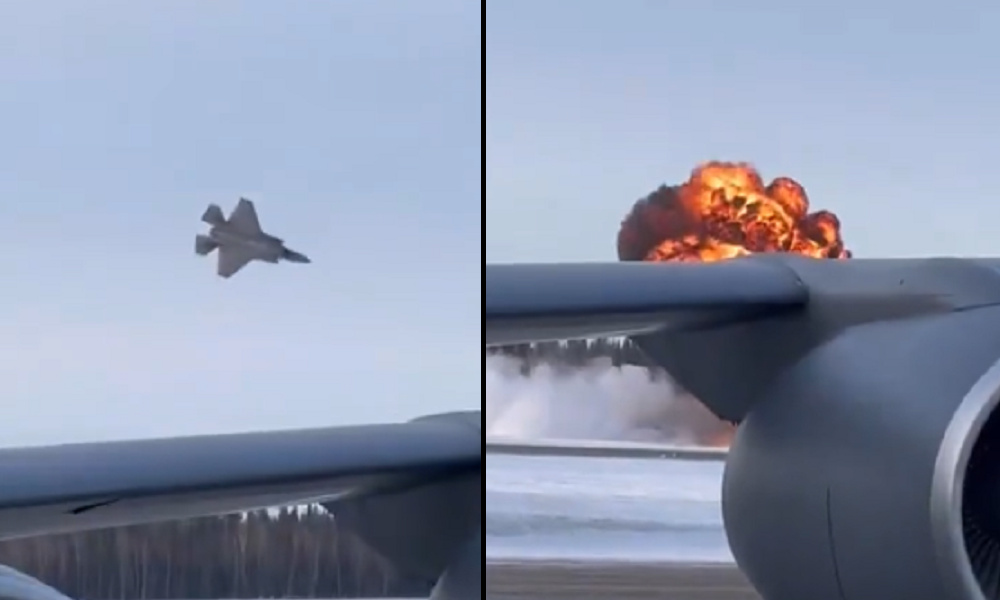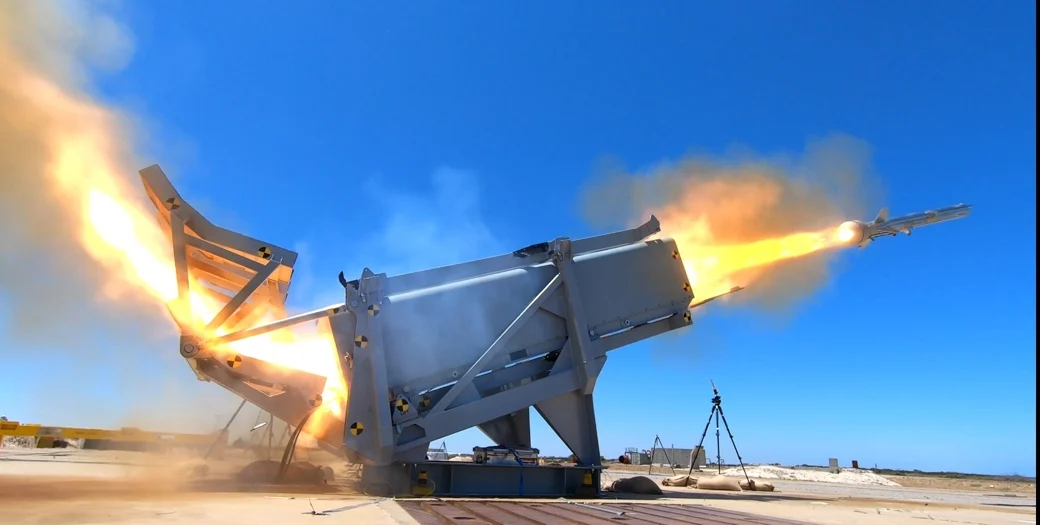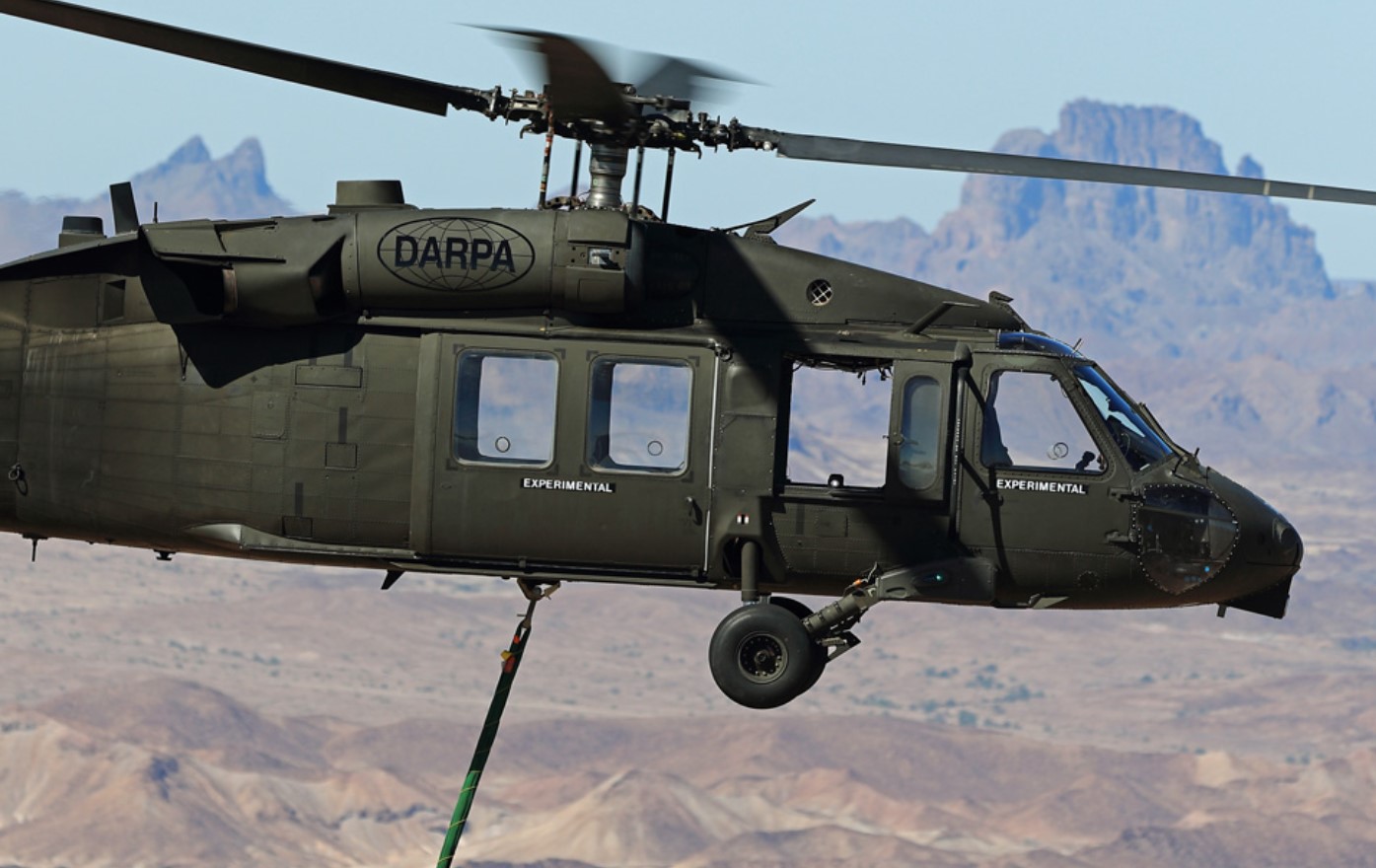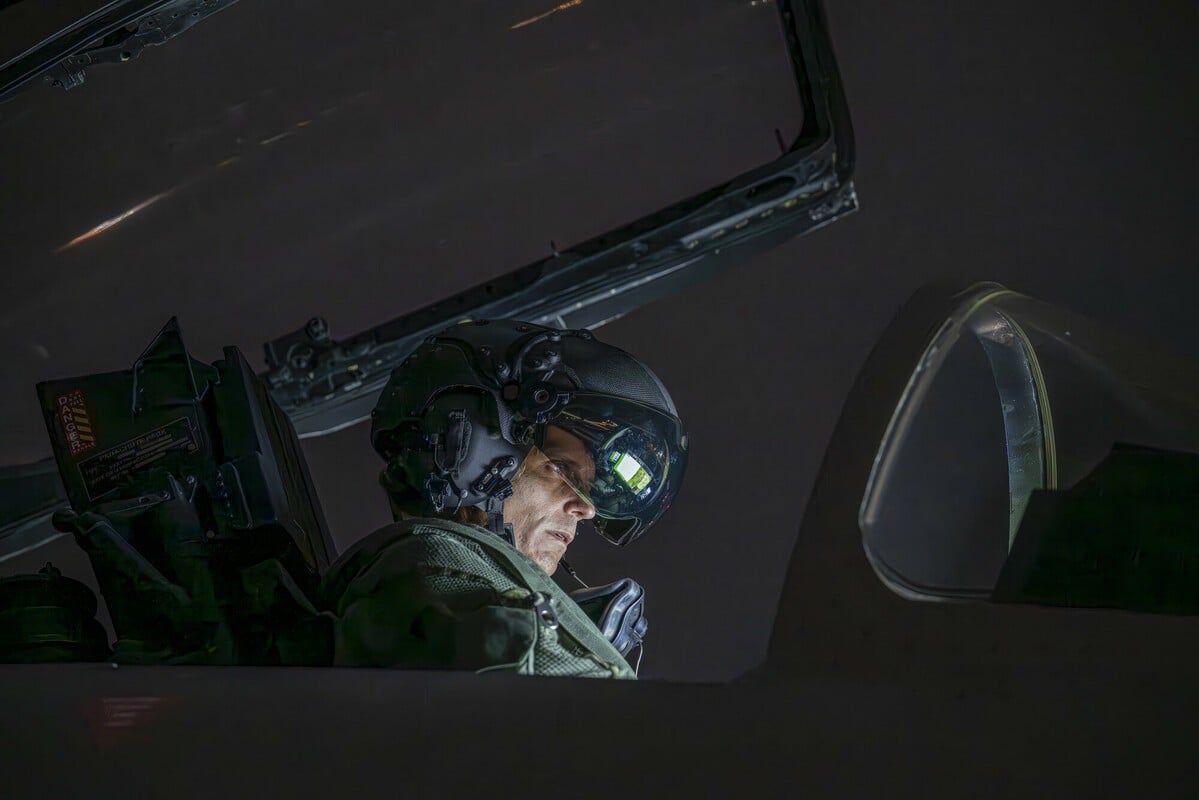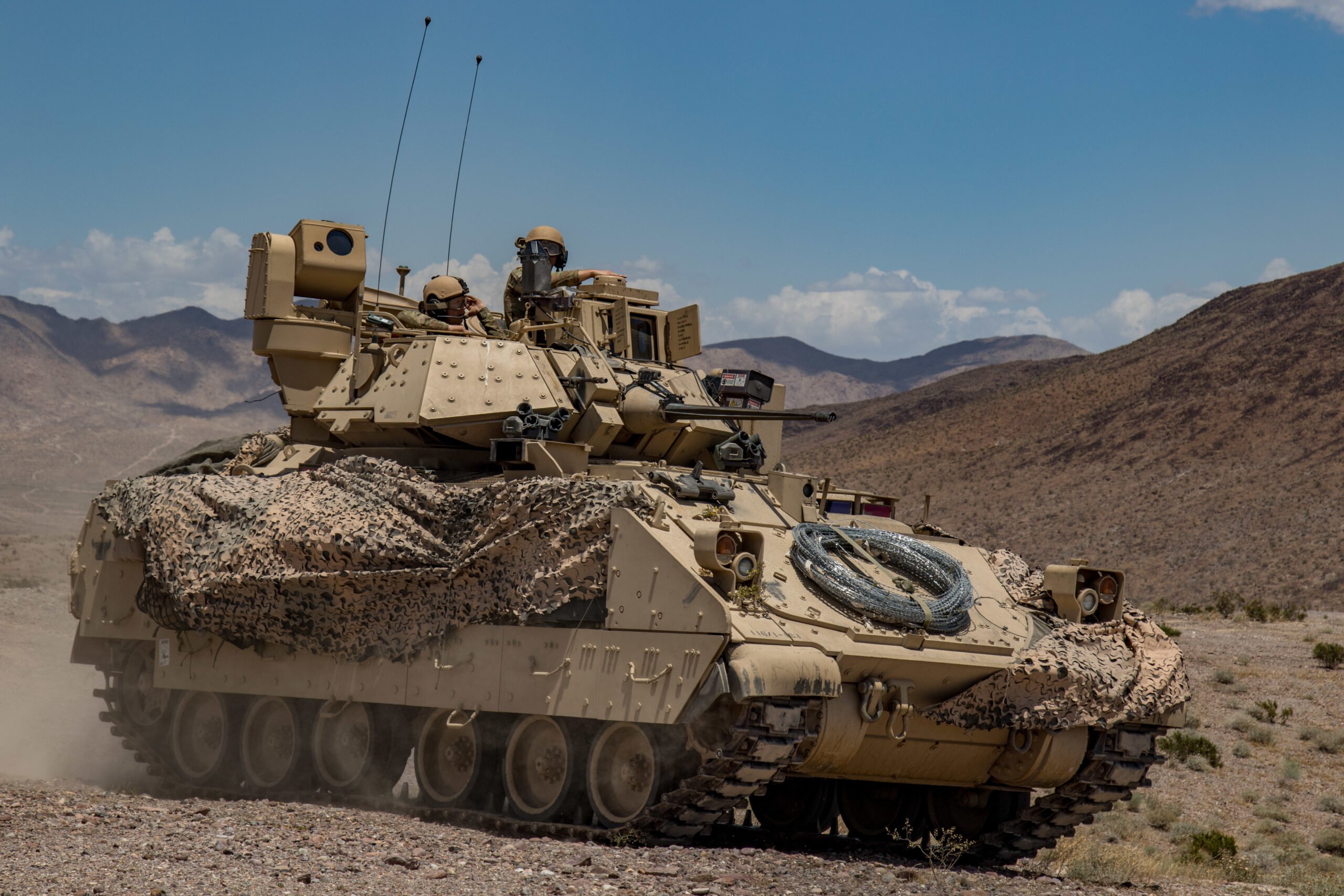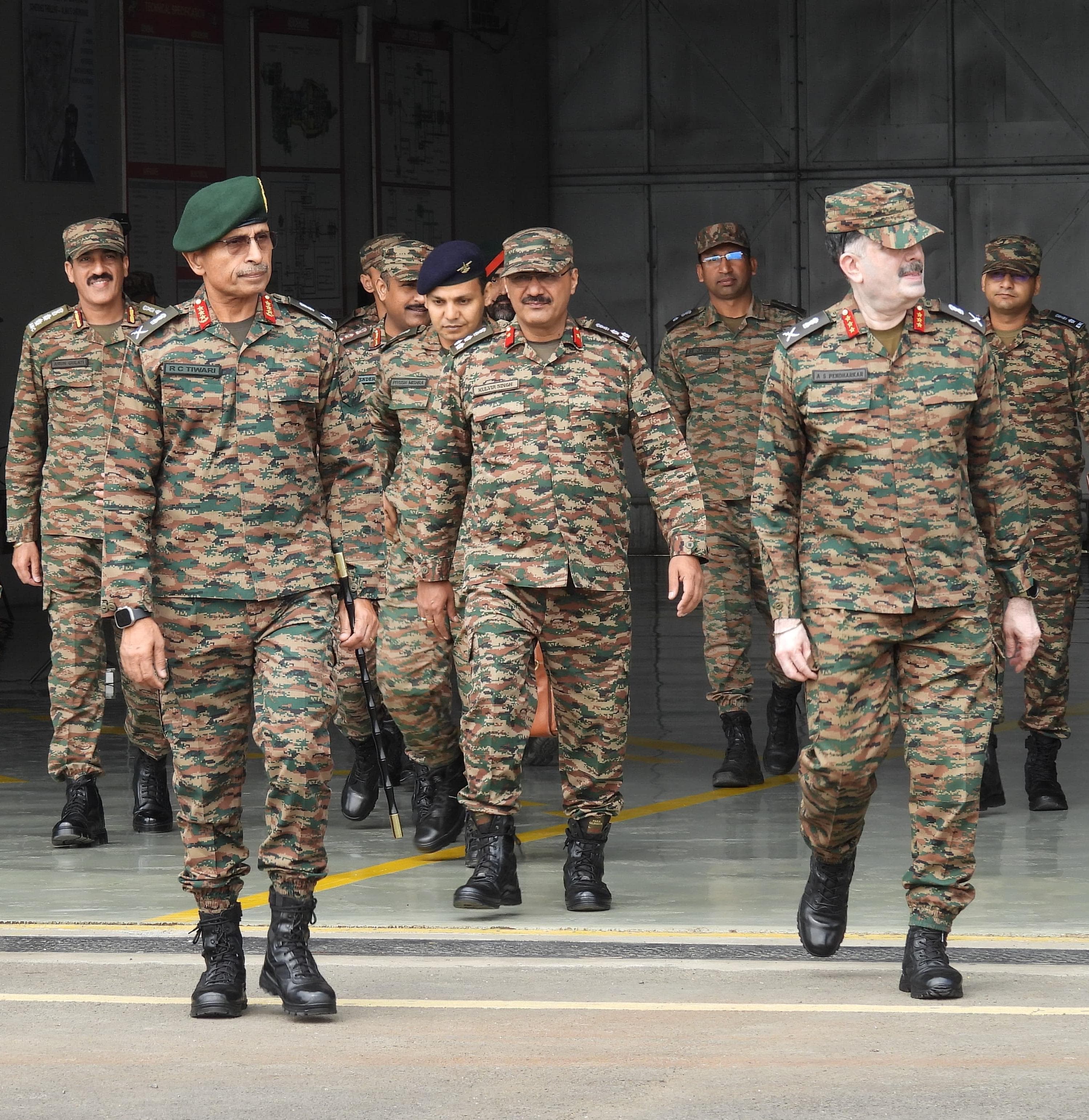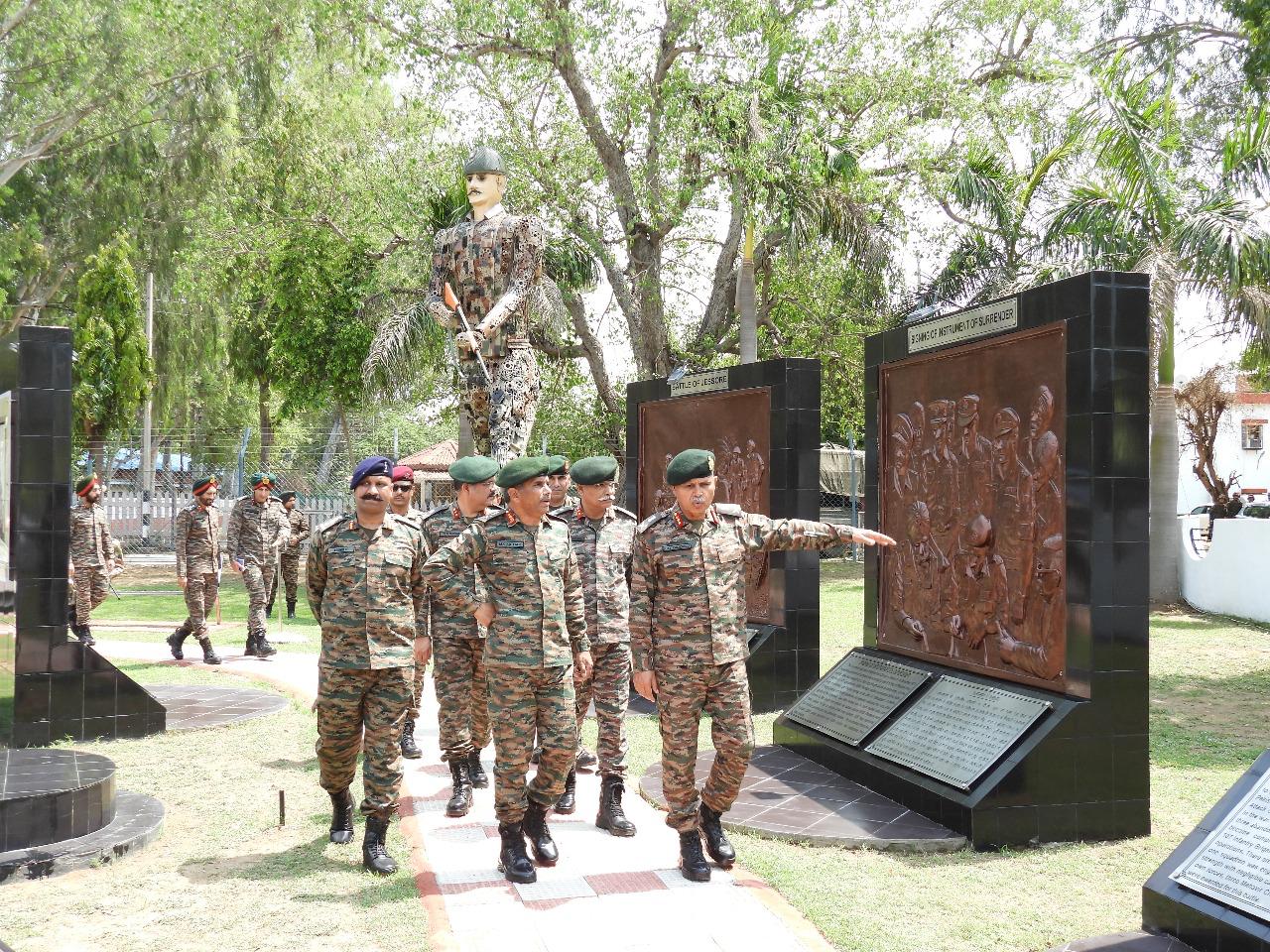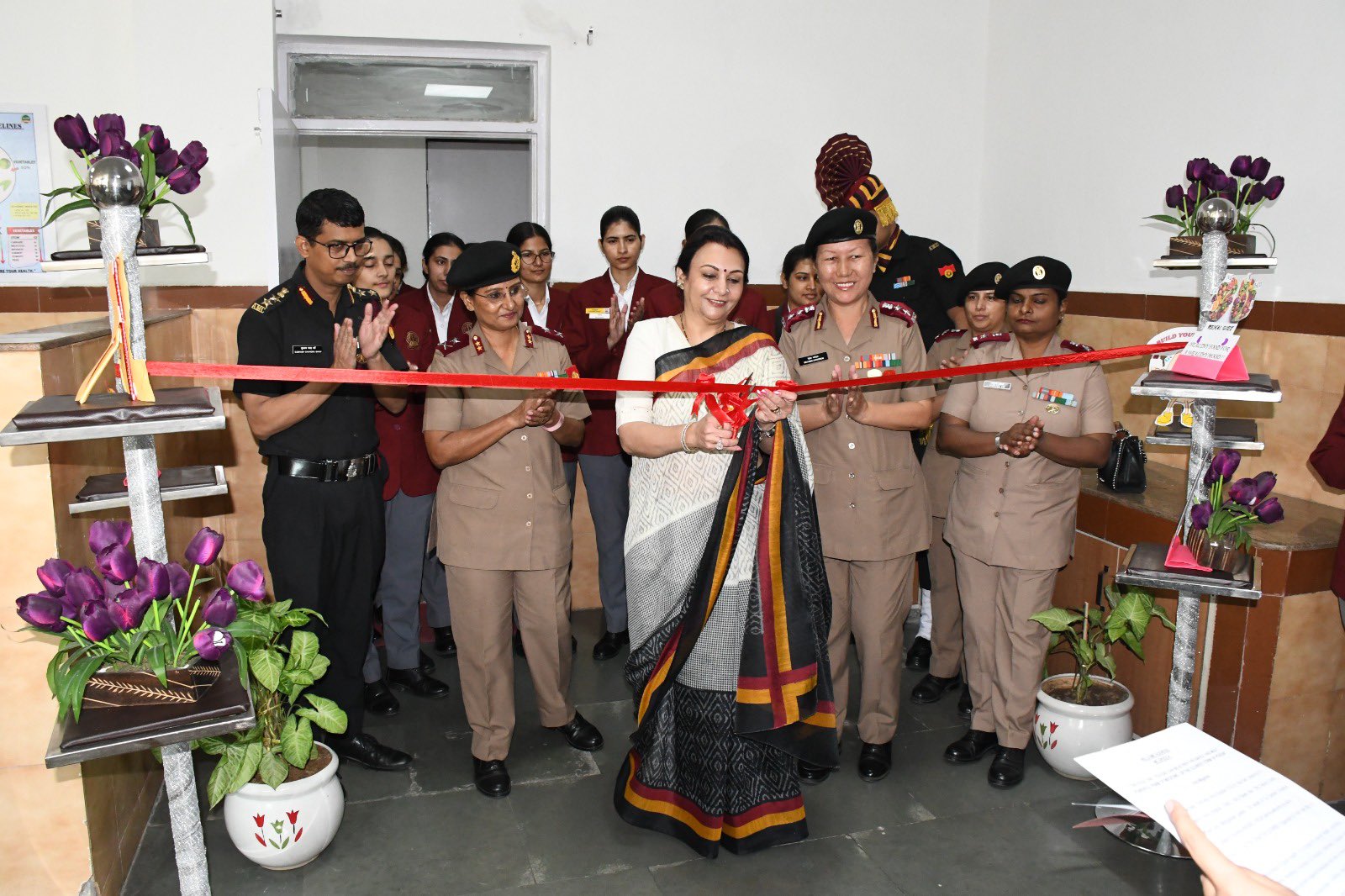Headline: Ukraine Faces Severe Challenges in Defense Efforts as Winter Approaches
As the war in Ukraine approaches its third year, the situation for Ukrainian defenders has become increasingly precarious with the onset of winter. Recent developments have seen intensified pressure from Russian forces, particularly following Ukraine’s strategic loss of Vuhledar, revealing critical vulnerabilities within the Ukrainian military.
A significant concern is Ukraine’s dwindling manpower, a problem compounded by difficulties in recruitment and declining morale among troops. In December, President Volodymyr Zelenskyy indicated that Ukraine would require an additional 500,000 personnel in 2024, although current estimates suggest a reduction in this figure.
Furthermore, Ukraine is grappling with a severe shortage of ammunition, which poses a substantial threat to its defensive capabilities. Although the ratio of Russian ammunition has been reduced from 8:1 to 3:1, Ukraine continues to face a formidable challenge. The country needs approximately 4,800 anti-air missiles annually, alongside 7,500 missiles for urban defense and around 2.4 million artillery shells each year. Offensive operations could triple the demand for long-range rockets, with projections estimating a need for 8,760 per year. NATO’s capacity to meet these demands remains uncertain.
In response to Ukraine’s critical needs, the Czech Republic has launched a plan to procure artillery shells from non-EU sources, aiming to acquire 800,000 rounds of various calibers, valued at $3.2 billion. However, challenges have emerged over the past seven months regarding the transparency of shell imports and concerns over their reliability.
Czech officials had previously vowed to accelerate the process, and by June, 50,000 rounds had already reached Ukraine, with expectations for further deliveries. Yet funding issues linger, as the Czech initiative has only secured approximately $2.2 billion of the $3.3 billion required to fulfill its ammunition goals.
Logistical complexities further complicate the equation, with lengthy transportation routes and necessary security measures slowing down the delivery of supplies. Adding another layer of difficulty, reports indicate that some of the ammunition delivered through this initiative has experienced technical failures on the battlefield.
Meanwhile, the Czech government continues to explore ways to bolster its support for Ukraine. Defense Minister Jana Černochová recently announced a new project titled "Initiative 2025," intended to enhance munitions supply chains through sustained funding, potentially using revenue from frozen Russian assets.
While this initiative focuses on artillery rounds, Ukraine’s requirements extend far beyond basic munitions. The country urgently requests long-range missiles and advanced air defense systems to counter ongoing assaults on its infrastructure. With European ammunition production struggling to keep pace with demand, U.S. support is increasingly crucial for Ukraine’s continued defense efforts.
The state of Europe’s defense industrial base remains precarious, highlighted by a recent report underscoring the need for a cohesive EU-wide industrial policy to strengthen supply chain resilience and address procurement challenges. As winter looms and the conflict escalates, the urgency for effective solutions grows more critical than ever.

